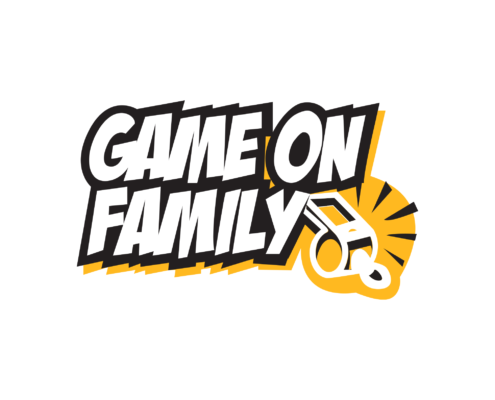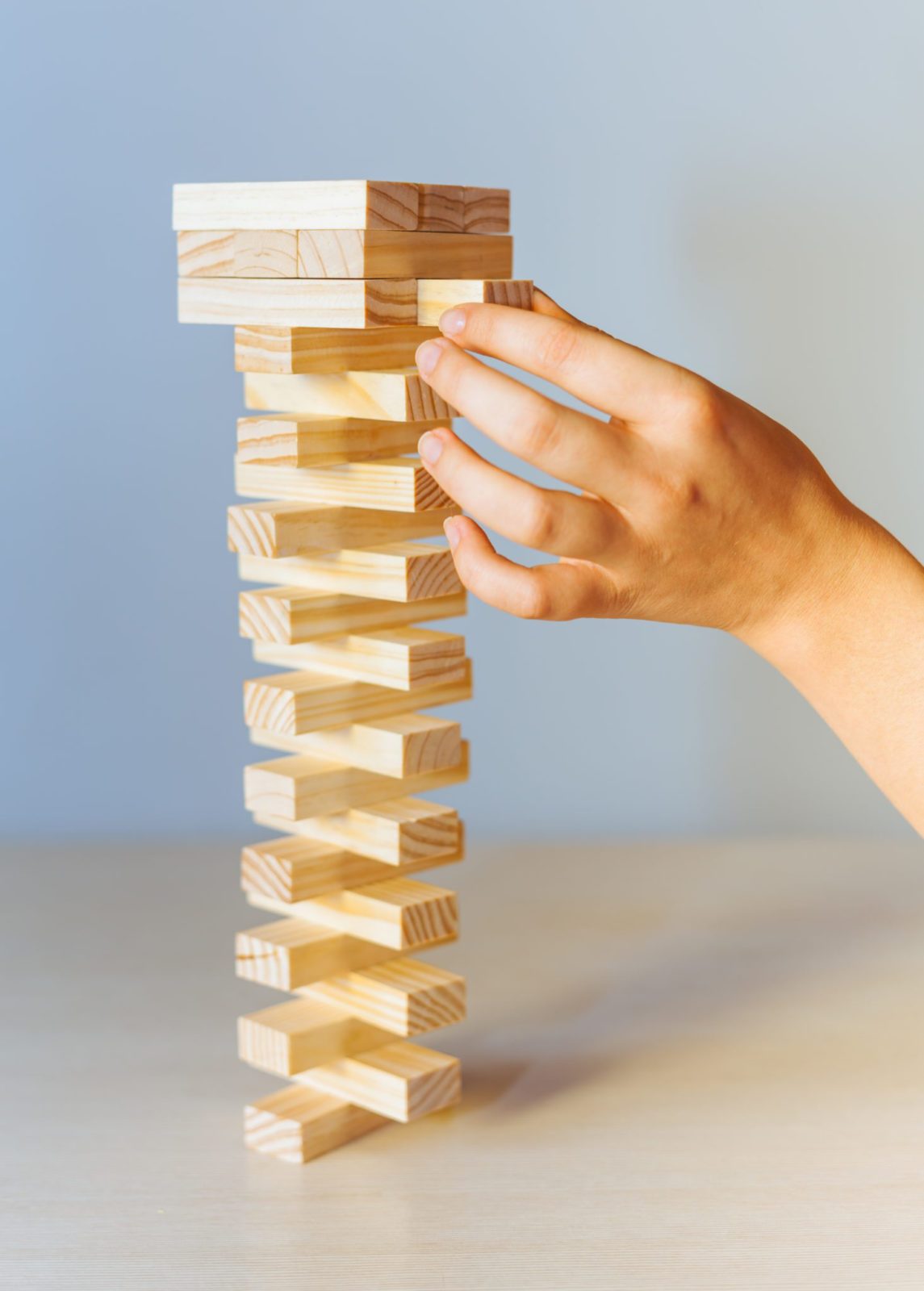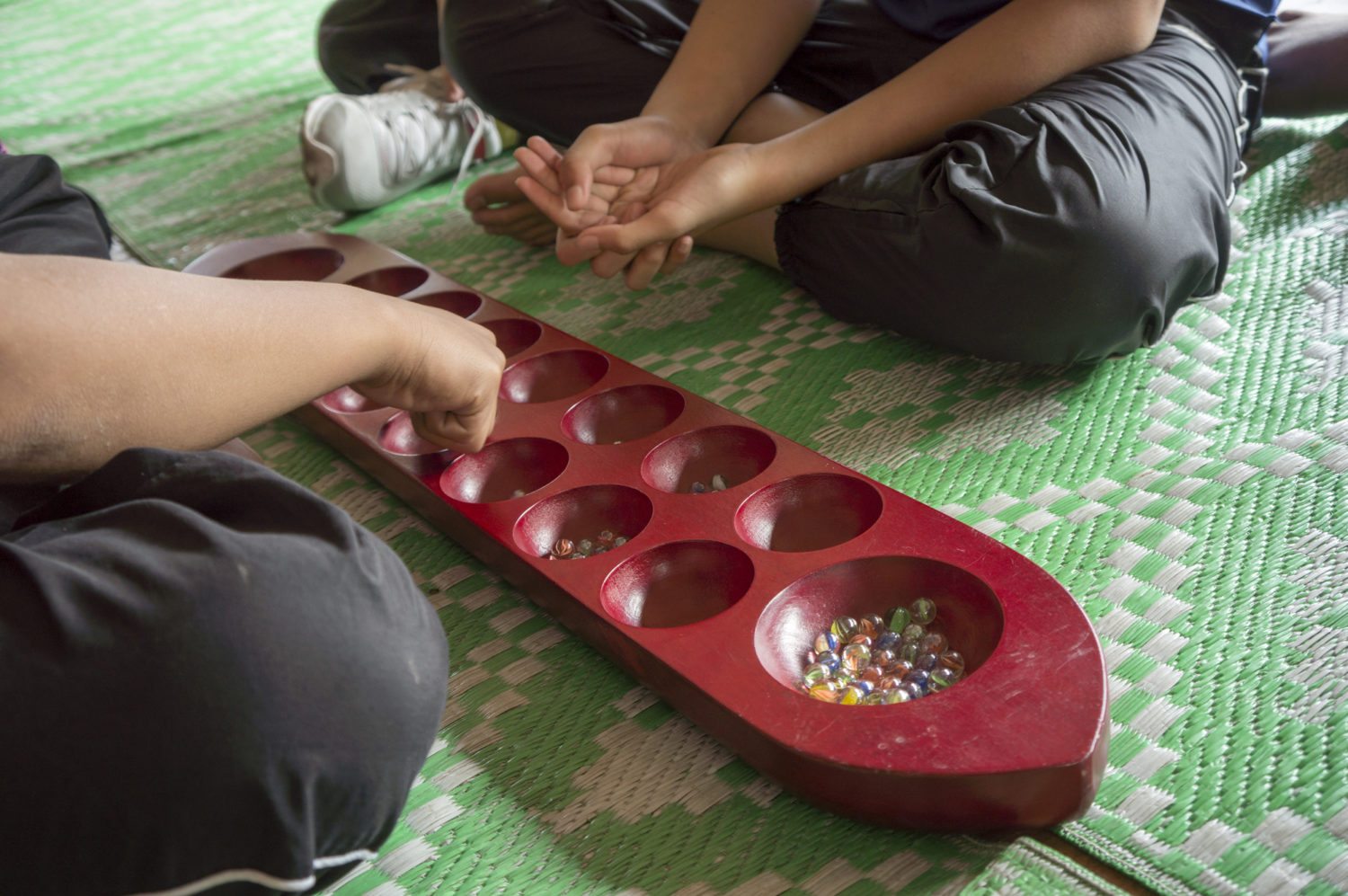Jenga Questions | How to play for therapy, feelings & conversations
What is Jenga Questions
Jenga Questions is a modified version of the traditional Jenga game, where one question is associated with each of the 54 blocks. When a block is drawn, the player answers the associated question or performs an activity.
Jenga questions is usually played as a conversation starter game in therapy and counseling, as icebreakers for fun, or can be modified for other purposes (occupational therapy, speech therapy, etc).
Jenga questions is also known as: Therapy Jenga, Get to Know Me Jenga, Feelings Jenga, and Emotions Jenga
How is Jenga used in therapy?
Jenga is most commonly used in therapeutic ways:
- General therapy as conversation starters
- Occupational therapy for developing motor, social / emotional, cognitive, and other skills
- Speech therapy to gamify some speech activities
General therapy and counseling
Jenga is commonly used in general therapy and counseling as conversation starters on a range of topics. This is achieved by playing a modified variation of the game called “Jenga Questions” (aka Therapy Jenga or Feelings Jenga), where a unique therapy icebreaker questions is associated with each of the 54 blocks, and players take turns responding to these questions during play. This version of the game is detailed in this article.
Occupational Therapy
Jenga is used in occupational therapy to improve many skills, such as:
- Fine motor skills and hand eye coordination: The game requires removing blocks and balancing them atop the tower without knocking it over.
- Impulse control and patience: Removing the blocks without knocking over the tower requires slowing down and patiently approaching the removal and placement of the blocks.
- Cognitive skills: Players must make strategic decisions on which blocks to remove and how to place them atop the tower.
Modified versions similar to the Jenga Questions version here can allow students to:
- Social / emotional skills: Similar to the “general therapy” section above, occupational therapists can use conversation-starter questions that correspond with each of the 54 blocks to build social and emotional skills.
- Practice handwriting and other skills, but placing a word or activity that corresponds with each of the 54 blocks.
Speech Therapy
Jenga Questions can be used in speech therapy by substituting words and speech exercises in place of questions.
How to Play Jenga Questions
1: Create a list of 54 questions
Create a list of 54 questions, one for each block. Our recommendation is to ask open ended questions, not questions that can be answered with a simple “yes” or a “no.” You can also add a “and why” to the end of a yes/no question to make it more open ended. If you’re looking for some lists of Jenga questions to get you started, consider: Tulsa Camp Fire printable PDF, Wafairing Humans, Raising Memories, or Kids Care Ideas Funny Questions.
2: Number your Jenga blocks 1-54
Some people write or attach the questions directly to the blocks, but that locks you in on those 54 questions forever. Instead, allow for more flexibility by numbering the blocks 1-54, then have a corresponding sheet with the question on it. That allows you to vary the questions over time.
3: Set up the tower with 3 blocks per level
The Jenga questions game is set up just like the classic Jenga game: The 54 blocks form 18 stories, with each story containing 3 blocks, and the direction of the blocks facing opposite directions (perpendicular) each story.
4: Determine who goes first
In traditional Jenga, the person who builds the tower goes first, but feel free to modify this for Jenga questions. If one player is new to the game or feeling unsure about playing, don’t have them go first. Instead, demonstrate how easy it is to play by having someone else go first.
5: Remove one block from the tower
Using one hand at a time (and following normal [Jenga rules]), the player removes one block from the tower from any level below the highest complete level.
6: Read and respond to the question for that block
Have someone read the question for the block pulled, then the person who pulled the block answers the question.
Alternate method: To make each turn more conversational, you can have all players answer the question for each turn. Just note that the game play will be slower.
7: Play the block atop the tower
After the question is answered, the player who pulled the block places the block atop the tower, perpendicular to the layer below it. Players may not start a new story until the level below it is complete with three blocks.
8: Complete the turn
Once the block is played atop the tower, the turn ends when either the new player touches the tower, OR 10 seconds have passed, whichever happens first.
9: Continue play clockwise
Each turn continues clockwise until the end of play.
10: End play when the blocks fall
Once any blocks fall other than the one the player is playing during that turn, play ends.
11: Declare the winner
The winner is the last player to play a turn successfully before the tower is knocked over.
How to Set Up Jenga Questions
What should I write on my Jenga blocks?
We recommend that you write numbers 1-54 on your blocks and not write the questions directly on the blocks. Then use a corresponding list of 54 numbered questions. This allows you to play the game with modified questions lists for flexibility around age, question types, cycling in new questions, and more. Once you write it on the block, you’re stuck with the same set of questions forever!
List of Jenga Questions
Here are a few tips to make great Jenga questions:
- Try to keep the questions open ended. Yes/No questions don’t make for a fun game. If there’s a question you really like that is in a Yes/No format, consider adding an “and why” to the end to make it more conversational.
- Create questions with a purpose. The questions (or activities) you choose will depend on the goal in mind. For example, icebreaker questions should be mostly fun get-to-know-you questions, therapy questions will include deeper questions, and other activities such as speech and handwriting with have actions, not questions.
Get Jenga Questions Downloadable Lists and Ideas Here
Family and Kid Jenga Questions:
Therapy Questions:
More Therapy and Feelings Games
If you enjoy Jenga Questions, you might also like:



